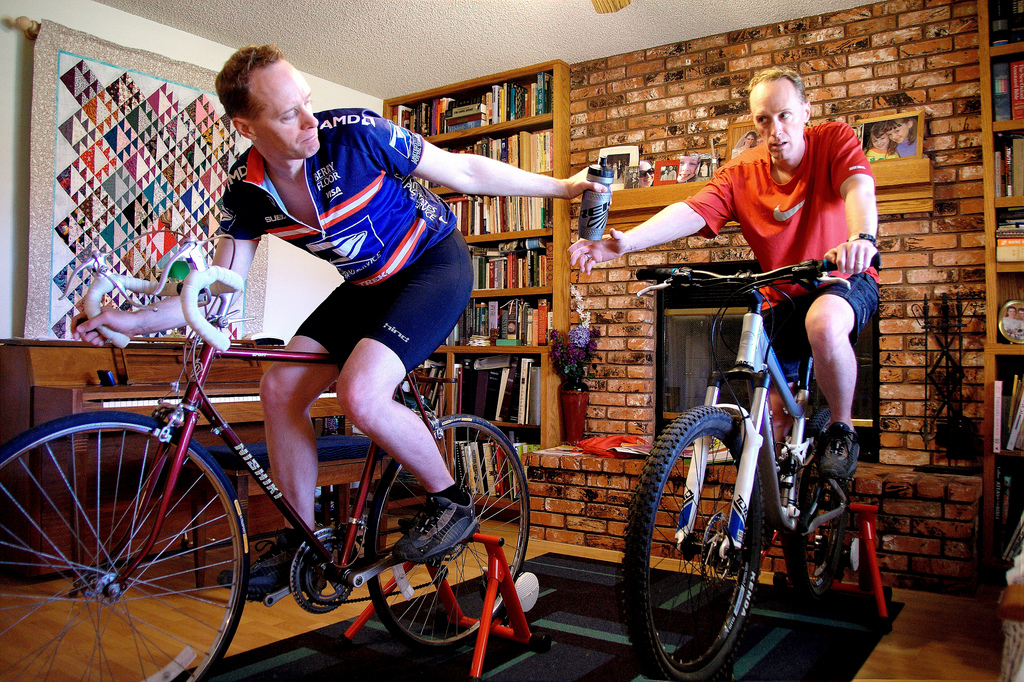
The American Athletic Institute (AAI) is a sport consulting firm that does research on Olympic-caliber athletes. They have worked with organizations ranging from youth hockey teams to the Boston Celtics to the U.S. Navy Seals. Their main focus is determining how drugs and alcohol affect athletic performance.
Dennis O’Sullivan spent 6 years playing in the NFL, mostly with the New York Jets. He also worked as the New York City Director of Government Affairs for the NY State Office of Alcoholism and Substance Abuse Services.
How does alcohol affect athletic performance?
Alcohol will affect power, speed, endurance, hand-eye coordination, reaction time, heart and lung function, reflexes, judgment, the ability to focus and many other areas important to athletic performance. There are many misconceptions about alcohol. One is that alcohol only affects the athlete when he or she is drunk or hung-over. However, alcohol’s affects last much longer after the physical side effects have subsided. Studies have shown that for up to 96 hours after drinking, hormones are diminished. This is important because hormones affect many things such as muscle growth and repair, mental toughness, pain tolerance, fatigue perception, training effect and recovery. Diminished hormones cause the athlete to feel tired and feel more pain. The athlete will not build power, speed and endurance as effectively as he or she should. In short, the athlete loses both the mental and physical edge. One prominent study conducted by the American Athletic Institute is their analysis of enzymes. The AAI took a winter sport athlete and conducted a muscle biopsy. They then analyzed the athlete’s slow, intermediate and fast twitch muscle fibers. This provided 12 base numbers for analysis. The athlete then endured a two week training session that focused on power and speed training. After 2 weeks, the AAI conducted a second muscle biopsy on the athlete. 10 of the 12 enzymes increased with some doubling and even tripling. The training was designed to make the athlete bigger and stronger. This is exactly what happened. The athlete began a second 2 week training session immediately after. The AAI attempted to keep the same parameters with the same eating and sleeping habits and patterns. The major exception was the athlete drank alcohol once a week, on the 4th and 10th days. 4 days after the last drink, they took another muscle biopsy. This time 9 out of 12 enzymes had decreased with some going back to where they were one month prior. This essentially means that drinking ONCE can negate 2 weeks worth of quality training. The injury rate for drinkers is around 54% and the appetite for non-drinkers is about 23%. Someone that drinks is twice as likely to get hurt as someone that does not drink. Dennis can personally attest to this.
How can you measure how alcohol negatively affects performance?
The AAI tracked 60 Olympic-caliber athletes (runners, high jumpers and swimmers). These particular sports were picked because there are no ball or object variables involved; the pool, track and jumping pits do not change. The AAI tracked all performances and drinking occasions of these athletes. They found that performances the day after they had been drinking the athletes performances’ declined by approximately 11.4%. Keep in mind these were Olympic-caliber athletes. The losses of a college or high school athlete might be substantially greater than 11.4%.
How does marijuana affect athletic performance?
Marijuana Marijuana affects athletic performance in many ways. THC is the chemical component in marijuana. It’s what gets the smoker high and causes the damage. Marijuana today is about 10 times more dangerous than it was 35 years ago because of THC levels. In the 1970s, THC levels were between 1 – 4 % and today these levels are between 24 – 40 %. THC collects in the brain and affects functions such as vision, memory, movement, coordination, reflexes and judgment. Marijuana and, specifically, THC can stay in your system for up to 60 days.
Does alcohol affect females differently than males?
Yes… and the difference is quite dramatic. Many factors affect how an individual reacts and/or processes alcohol. These include: height, weight, genetics, body fat composition and gender. Alcohol passes through the digestive tract and is dispersed in the water in the body. The more water available, the more diluted the alcohol. Men, in general, weigh more than women. Women, in general, have less water and more fat in their bodies than men. Therefore, a woman’s brain and other organs are exposed to more alcohol and the resultant toxic byproducts. Women also have smaller quantities of the protective enzyme alcohol dehydrogenase that breaks down alcohol in the stomach. The result is women absorb about 30% more alcohol into their bloodstreams than men do.
By USA Hockey http://www.usahockey.com/








